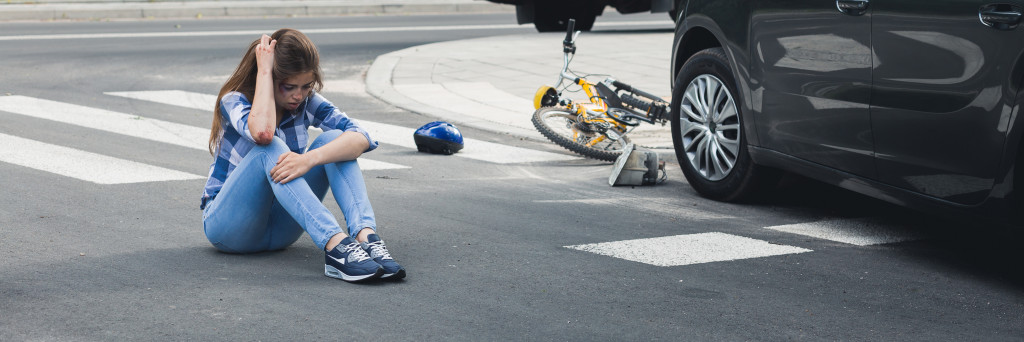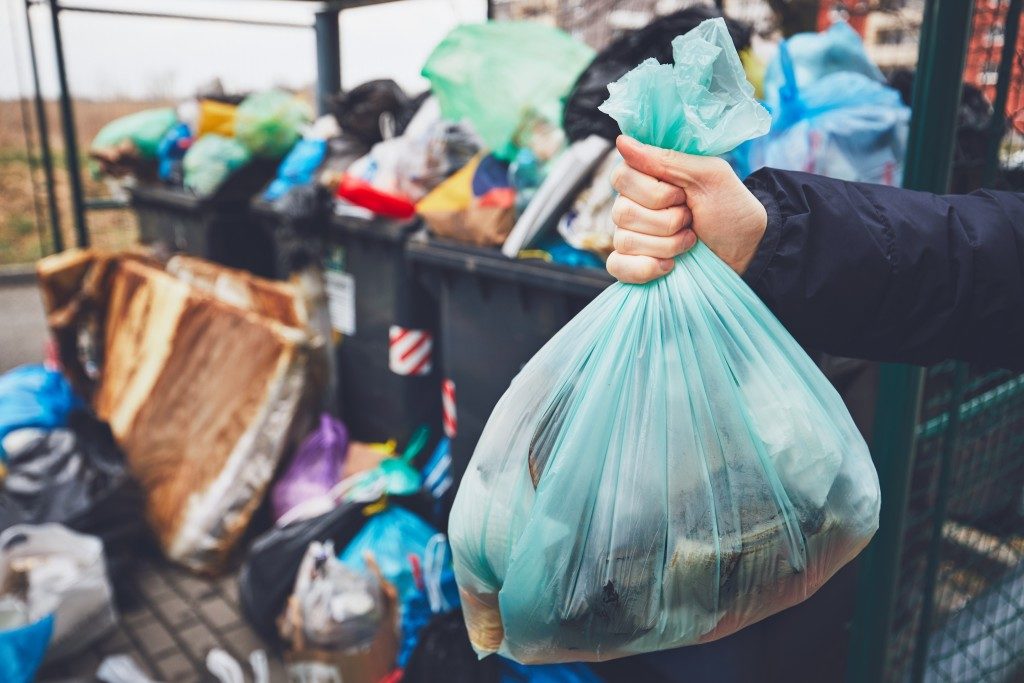Car accidents are terrible. Whether it’s a small bump or a full-on crash, it’s never the easiest situation to fix, and some effects from it last for life. It’s hard to be truly prepared for something so terrible, but here are some steps you can take to make dealing with it even easier if it happens to you:
1. Don’t panic
Once the initial shock from the impact fades away, it’s easy to get overtaken by emotions. Do your best to keep your breathing steady, as panicking will only make the situation worse. Allowing oneself to get into a frenzy after an accident can lead to erratic breathing and an overwhelming urge to move about, which could worsen any existing injuries. Take deep breaths and keep calm.
If you can, turn your engine off. Forgetting to do so could put you and others at greater risk. Keeping your engine running after an accident could still generate heat, and flammable fluids could leak out. The wiring in your car that could have been shorted could very easily set something alight as well, so turn it off as soon as possible.
2. Check for injuries on yourself and on any passengers
Before you can help other people involved, check on your own physical well-being first. Move slowly, and try to sort through any pains you might be feeling; identifying the areas of your body that hurt the most will help you figure out just how much you can still do. If you feel you are fine enough to move and check on others in the vehicle, do so carefully. Internal bleeding could be worsened if you move carelessly.
If anyone in the vehicle is unconscious, do not move them. You might not know if they have fractures, or if moving them without professional help could put them in a worse state. Call 911, or ask for help and for someone to call; chances are if you’re in a busy street or populated area, people would have seen the accident take place and will be more than willing to help. Try to stop any bleeding that may occur from cuts or scrapes by applying pressure with a cloth.
3. Call for both the police and the paramedics
When it comes to collisions, or even if it’s just a fender-bender, it’s important to call the authorities. Police can file an accident report and help provide you with documentation for insurance claims. Ask for the officers’ names and badge numbers, and ask for further assistance, if necessary. Having them around can also help you avoid any altercations with the other driver as well if emotions get heated.

Paramedics must also be present, and this goes without saying. You must be honest when you answer any of their questions; they can’t do their job and help you the best that they can unless you’re honest, especially about any medications you’re taking, or any preexisting medical conditions you or anyone else injured might have. Talk to them about what happened, how you’re feeling, and answer truthfully.
4. Ask for the other driver’s information calmly
Remember Step Number 1? That will come in handy here. Staying calm while talking to the other driver is crucial because you’ll need their information for insurance claims. In an ideal world, both parties involved in an accident would be apologetic and willing to cooperate to smooth any issues out as quickly as possible, but in the real world, not everyone will be as nice. Ask for their name and contact details, their driver’s license, and most importantly, their insurance company and policy number.
It’s also a good idea to document the scene as much as you can. Take photos of the vehicles affected, license plates, and the other driver as well. You’ll be needing as much information as you can to speed up the process of smoothing this debacle out, and to make filing claims easier. The more information you have on hand, especially if you’re a younger driver, the better.
5. In case they don’t have insurance, get legal
There may be instances where the other driver involved won’t have insurance. In this event, you might have to take them to court to receive monetary reparations, especially if there are grave injuries that took place. You can hire a reliable process server to help you and your attorney serve the documents and avoid discrepancies. This ensures that court dates and papers are done and met on time, and the people involved are present and cooperative.
Getting legal also works to help get you money for hospital bills incurred after the accident. Some car accidents deal serious damage in many ways to people involved, and lawyering up can help you deal with medical costs and any rehabilitation needed afterward. Documentation will help speed up the process, so make sure to take all the information and photos you’ve collected and put it to good use. Always remember to keep calm, and keep a clear head.



